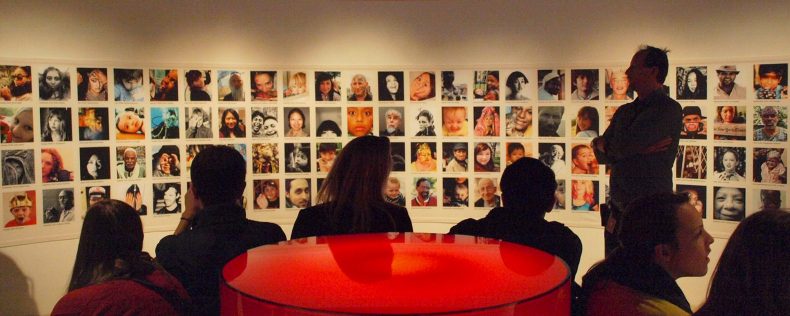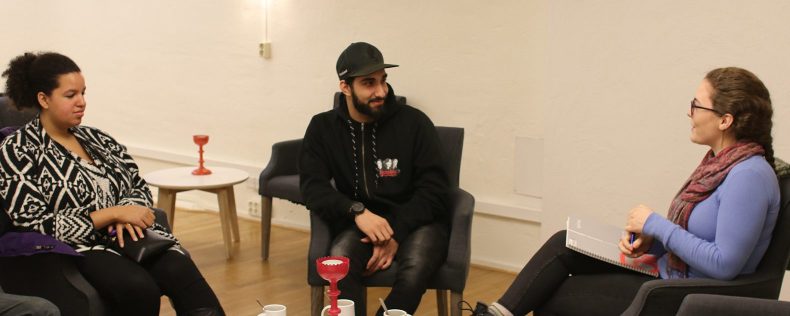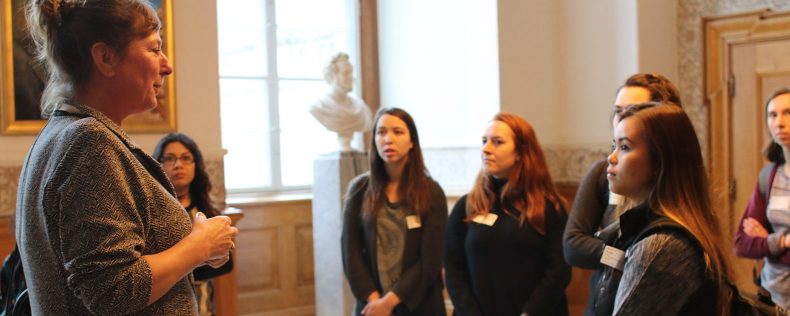Among the Scandinavian states, Sweden has long been a preferred destination for those seeking refuge in Europe and traditionally has sought to include refugees within the generous and universally applicable provisions of the welfare state. However, in Sweden, the inclusive policy began to change after the ‘refugee crisis’ of 2015 when over 160,000 people claimed asylum in Sweden, and border controls were reintroduced.
The short study tour will encourage students to reimagine the border not as a boundary fixed in space and time, but as a fluid set of practices that not only demarcate space but ‘order’ and ‘other’ those who move through that space. Through visits with academics, refugee support groups, government agencies, NGOs and international organizations, and most importantly, those who have experienced Sweden’s new bordering practices first hand, you will gain valuable insight into how the Nordic states have contributed to the emerging ‘global border regime.’
Tour Objectives
- Explain, analyze, and discuss the legal and political circumstances under which people are granted or refused asylum in Sweden
- Reflect on the lived experiences of refugees in Sweden since 2015, and the impact of evolving refugee policy and practice on their experience of settlement in Sweden
- Reflect on the role played by local refugee support groups, international organizations and NGOs, Swedish political and administrative actors, and refugees themselves, in constructing and contesting Swedish refugee policy since 2015
Possible Activities
- Visit neighborhoods at the forefront of the evolving refugee policy in Sweden
- Meet with a range of actors including academics, journalists, and legal practitioners
- Meet refugees and those who work with them to provide support and advice


